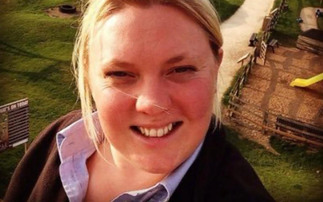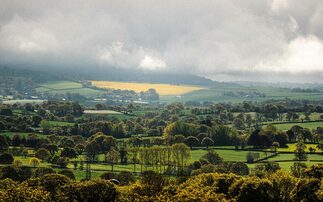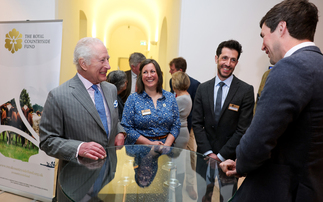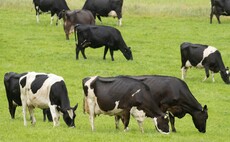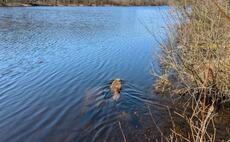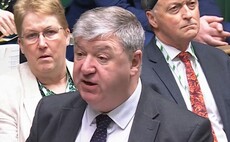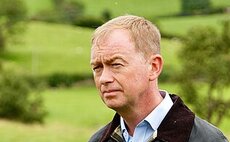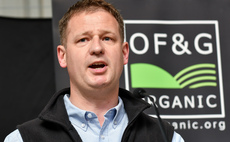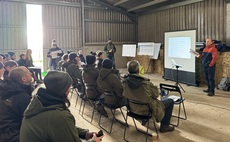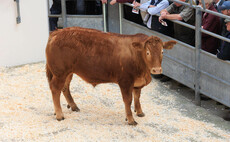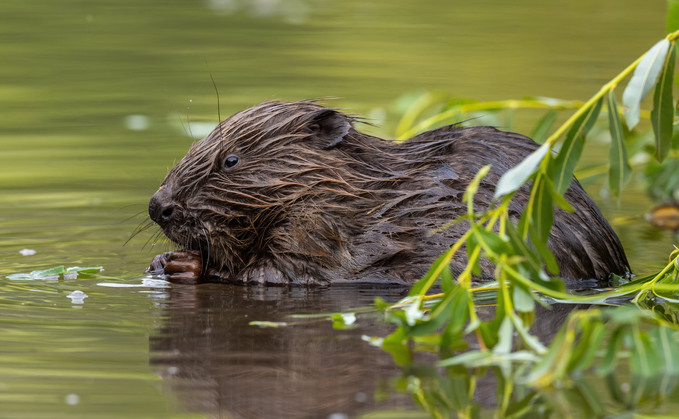
It comes as the UK Government states species reintroduction was ‘no longer a priority' in nature recovery.
NFU Scotland president Martin Kennedy said it has now come to the point where Scotland could not afford to have any beavers present in areas of productive land.
"Biodiversity is something we all like to see and many species have adapted to management and management has always been in the best interest of balance for so many positive reasons," he said.
"However, reintroducing species over protecting others does nothing for the managed balance which is in everyone's interest."
Jim Hurrel, a sheep farmer from Arbroath, urged Scottish Government to do ‘the right thing' by accelerating a policy which protects farms from the 'threat' of species reintroduction.
"Species reintroduction has been very decisive in Scotland and now having misaligned viewpoints just does not get to the heart of the problem," he said, adding there had been a ‘long-term' failure to see the impact and farmers were expected to pay the price.
Mairi Gougeon, Cabinet Secretary for Rural Affairs, said the Scottish Government would work with farmers to 'mitigate the unexpected costs and stress' from farming with nature with sea eagles, deers, beavers and geese impacting livestock, flood risks and crops.
In the UK parliament, Defra responded to the Environment, Food and Rural Affairs (Efra) committee's July report on species reintroduction last week (October 27) - which advised the Government to adopt priority lists and targets to reintroduce extinct or rare species - by confirming species reintroduction was ‘no longer a priority' for the Government in nature recovery.
Sir Robert Goodwill, the chair of the Efra committee, said he was both ‘concerned and disappointed' the Government would not act on Efra's recommendations which would leave the UK without a plan on species reintroduction.
Mark Tufnell, CLA president, welcomed the Government's position and suggested the reintroduction of species should only take place with the ‘explicit backing of those who would be affected'.
"Agricultural disruption, damage and disease transmission could be among the unintended, but likely consequences," Mr Tufnell added.
Professor Alastair Driver, director of Rewilding Britain, an organisation which aims to reconnect people with the natural world, said species reintroduction was ‘an essential piece of the jigsaw' in the Government's nature recovery targets and criticised the approach as ‘environmentally naive and illiterate'.
A spokesperson for Defra suggested the Government had ‘consistently' supported reintroduction of lost former native species but it would now change course to ‘improve biodiversity and habitat connectivity'.








